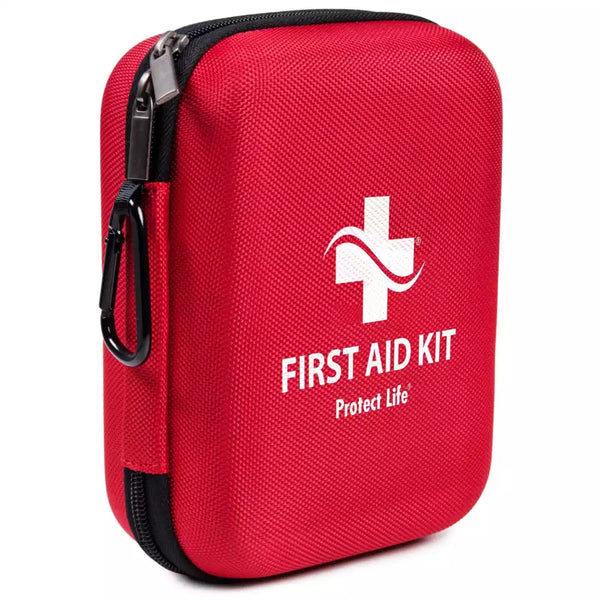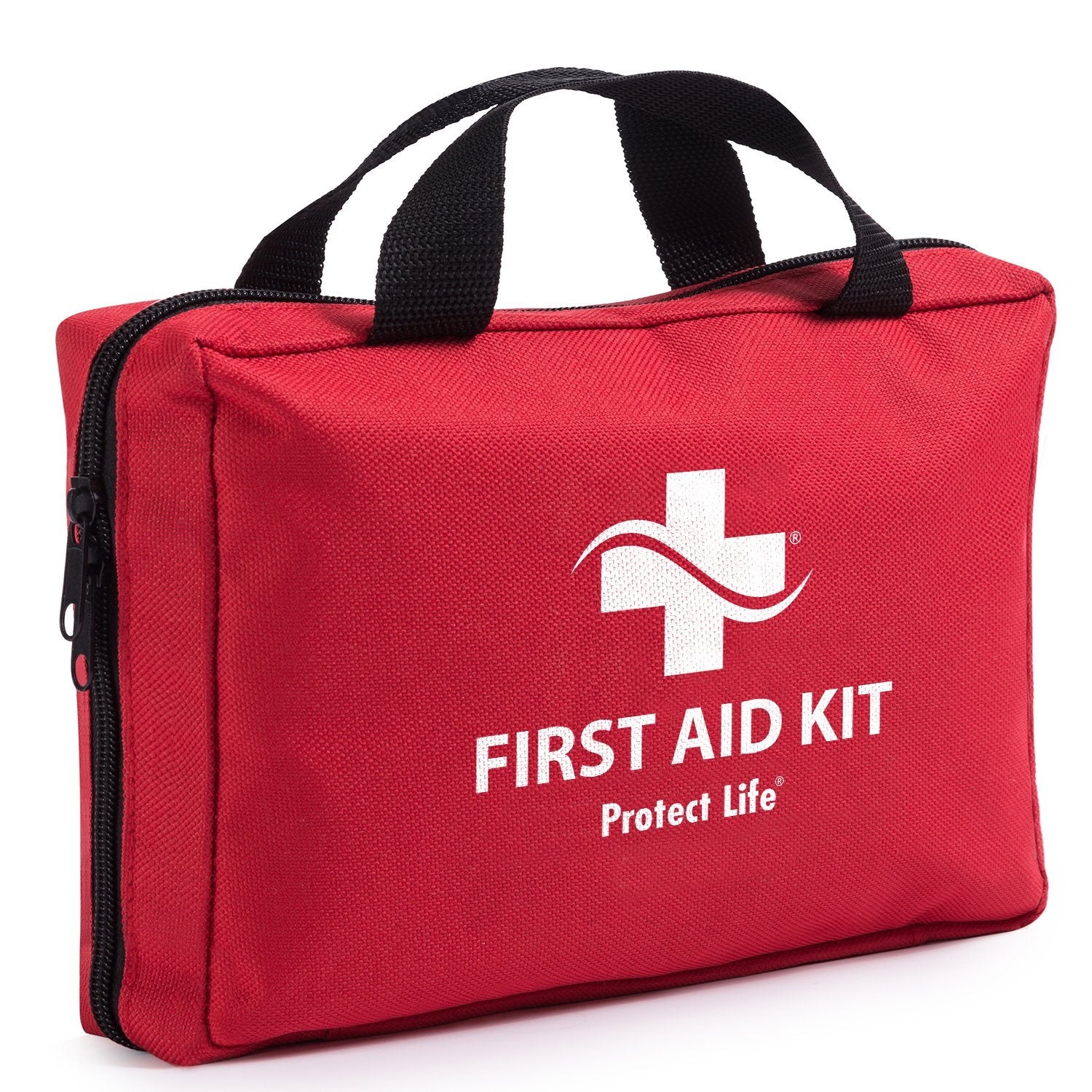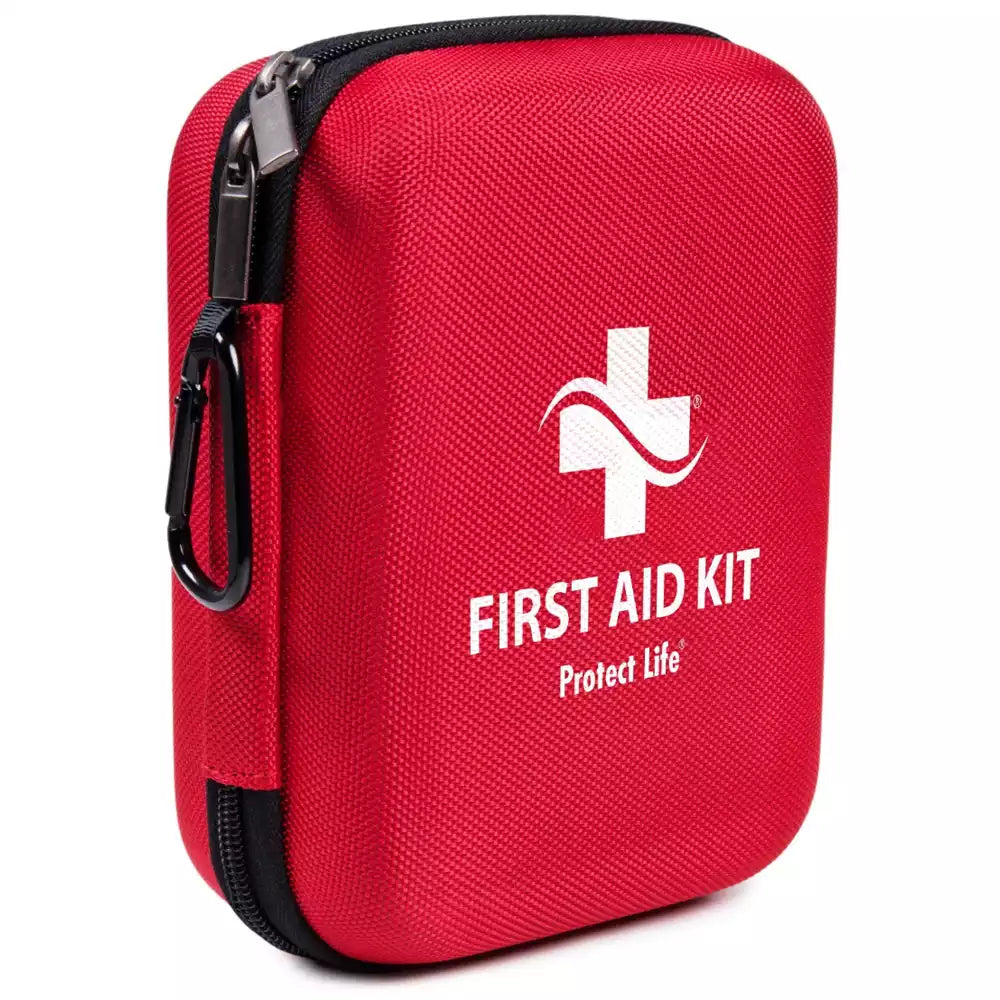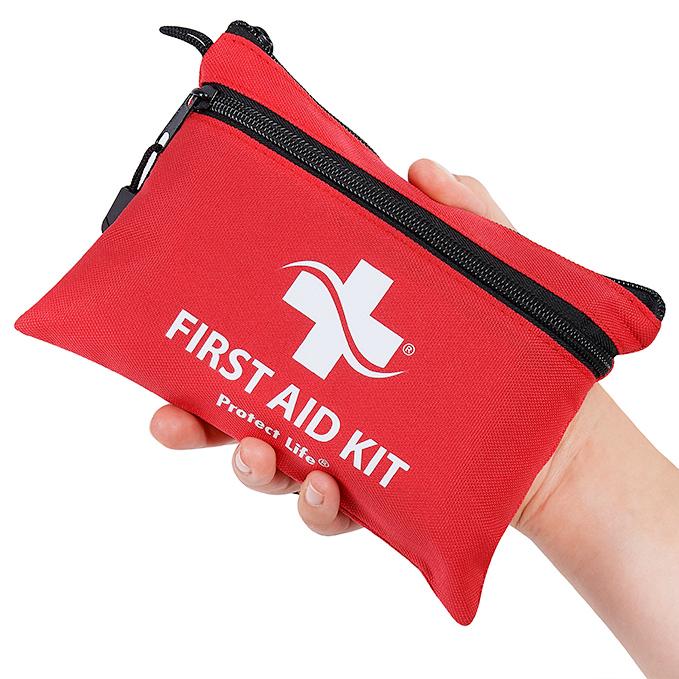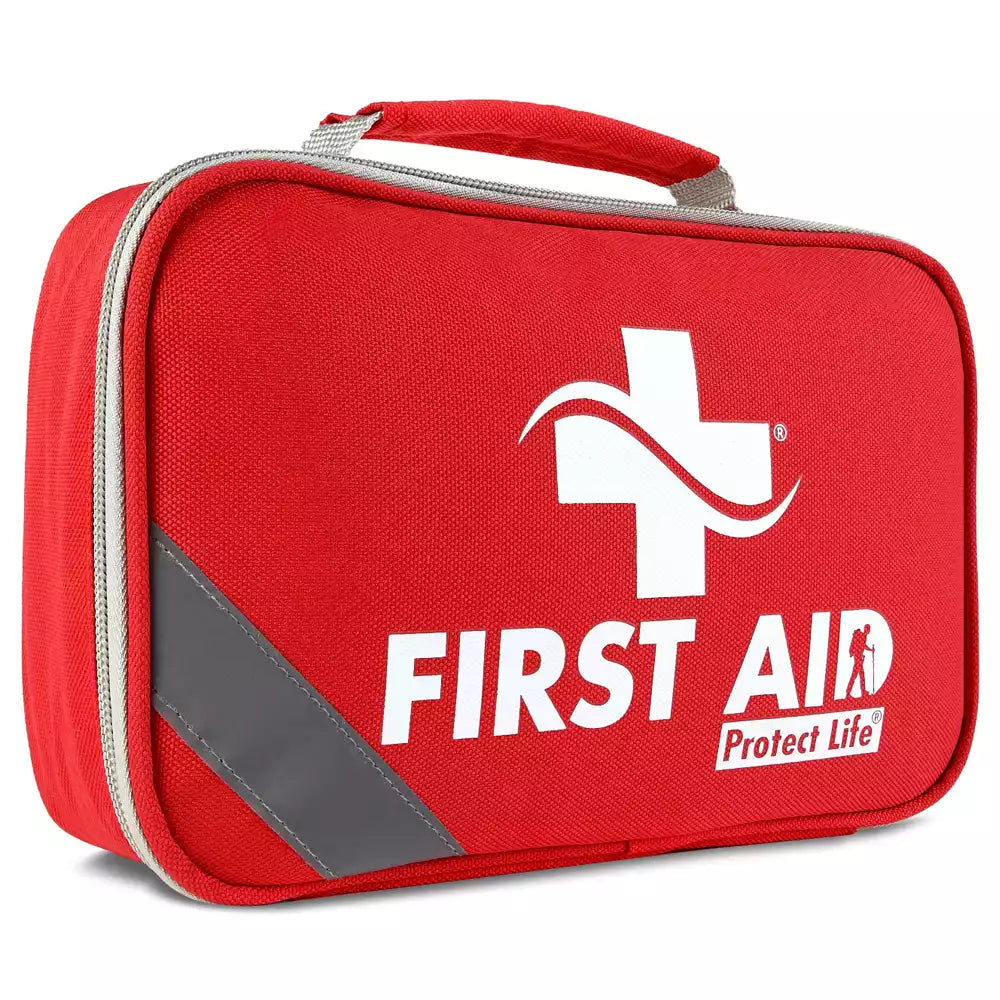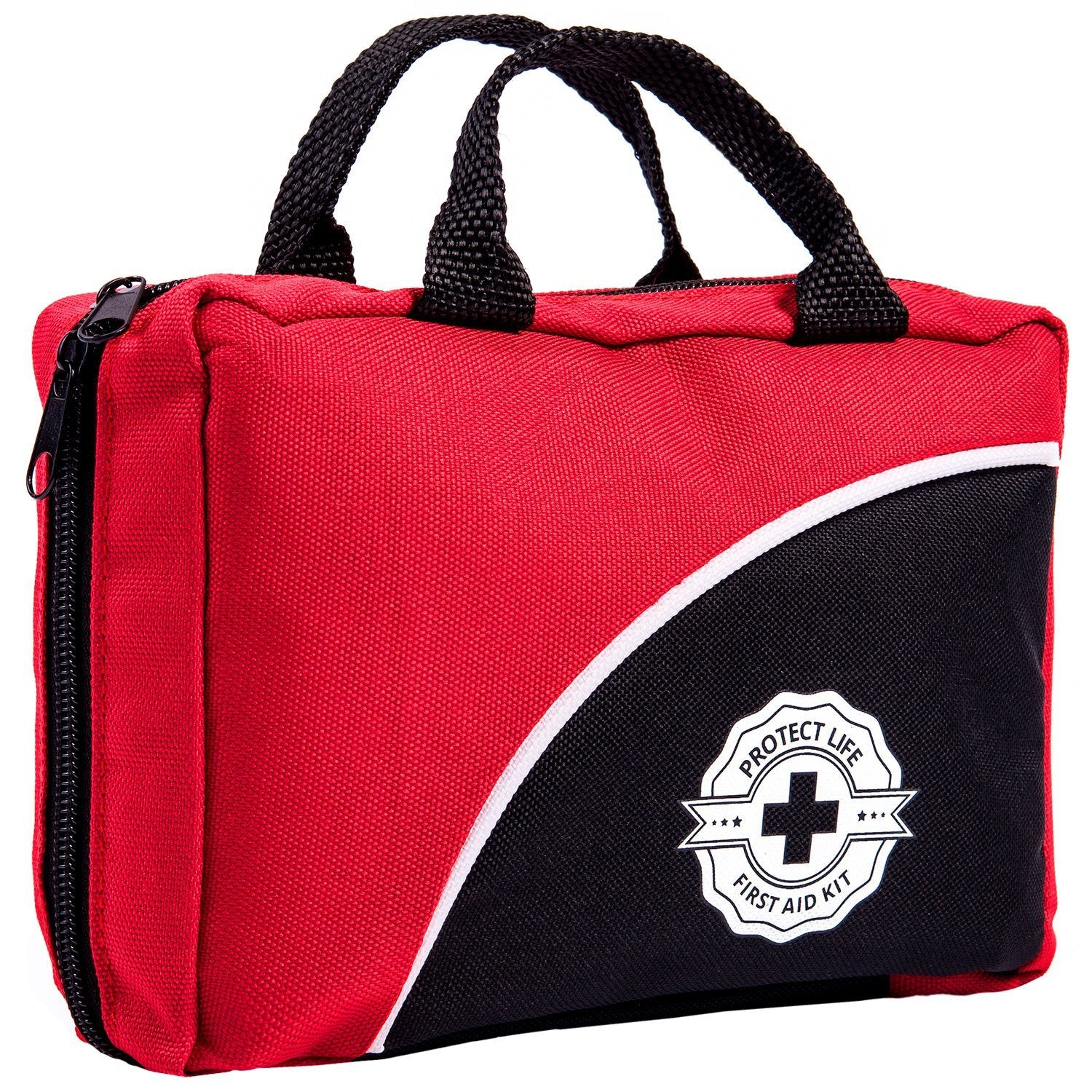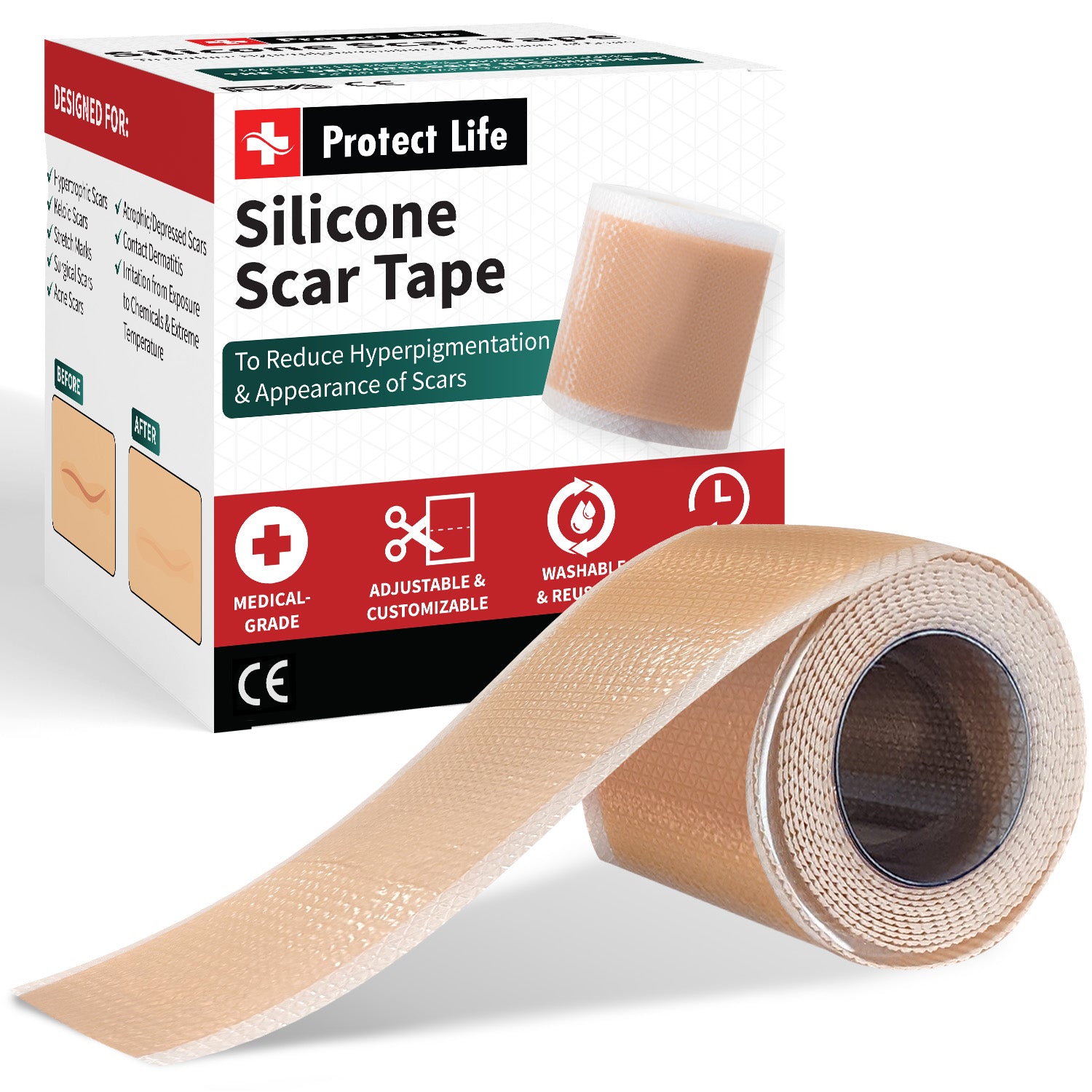The new and more transmissible COVID-19 strain is making many people in the U.S. reconsider their resistance to health precautions. Moreover, the new Biden cabinet has shaken up the scene by issuing new mask-wearing mandates.
For a lowdown on fresh regulations, as well as a refresher on existing safety guidelines, read on below about the new guidelines of Biden Cabinet.
Travel
The Biden cabinet makes mask-wearing and physical distancing mandatory
Amid the continued rollout of COVID-19 vaccines nationwide, states continue to enforce their respective travel restrictions and requirements. Before deciding to embark on interstate travel, it's then best for visitors or returning residents to first check the public health office websites of local state governments. Some states require people to go on quarantine upon arrival. Others look for documents showing a negative test result for COVID-19.
Under Biden Cabinet 's EO promoting safety in domestic and international travel, face mask-wearing and physical distancing are a must when taking any form of public transport. This covers intercity bus services, trains, commercial aircraft, and public maritime vessels, including ferries. People going through airports also have to wear facemasks.
Gatherings
The Centers for Disease Control and Prevention (CDC) under Biden Cabinet advise event planners to tell staff or attendees to stay at home if:
- They're showing COVID-19 symptoms.
- They've had close contact with a person with COVID-19 symptoms within the past two weeks.
- They've tested positive for COVID-19.
The CDC encourages organizers to limit attendance as much as possible or for seating to be spread out to keep participants apart. The agency also wants event organizers to remind both staff and attendees ahead of time to wear face masks at the event.
Event planners should provide supplies or prepare facilities that will allow employees and attendees to observe hand hygiene through hand-washing or sanitizer use. Restrooms have to be cleaned and disinfected. To ensure social distancing, only a limited number of users should be permitted to enter at any one time.
The CDC also suggests going for plated meals and disposable foodservice items instead of setting up drink stations, buffets, and other self-serve options.
Regular announcements should be broadcast over public address systems during the affair, reminding everyone about physical distancing and good hygiene.
Work
Both workers and visitors must wear masks in all federal buildings according to the new Biden cabinet 's guideline
· Federal workers
Under the Biden cabinet ’s guidelines, employees working at federal buildings and lands, as well as contractors who do business with them, should wear face masks. The order means masking will be mandatory not only for workers but also visitors to the post office, state capitols, federal courthouses, and even to national monuments or parks.

Government agencies will also have to limit employees in federal buildings to not over 25% of the normal capacity and permit teleworking as much as possible.
· Private sector
All employers should put in place safe work practices, administrative, and engineering controls to prevent exposure to COVID-19 after assessing risks. They can go online for CDC's guidelines per industry that is the new guideline under Biden Cabinet. General policies from the Department of Labor include:
- Putting on cloth face covers—or when necessary, an N95 respirator mask—while at work. Personnel should cover their mouth and nose when coughing or sneezing.
- Regular washing of hands with soap and water or applying alcohol-based sanitizer.
- Physical distancing with co-workers and the public and staying away from visibly sick persons.
- Not reporting for work when sick. The CDC offers steps for businesses o when any member of their personnel falls ill.
Schools
The new Biden cabinet 's EO on the safe reopening of schools says that masking, cleaning and disinfection, proper ventilation, and testing should be part of "mitigation measures" for in-person learning.
In general, children don't have to wear masks if:
- They're below two years old.
- They have respiratory problems.
- They're disabled and won't be able to remove masks on their own.
The EO seems to back a study showing that with proper precautions, traditional classroom learning doesn't significantly contribute to a viral transmission. Three scientists—including a CDC researcher—published their findings based on a review of schools in rural Wisconsin, Mississippi, and North Carolina during autumn 2020. Masking, social distancing, having quarantine policies, and meeting students in smaller groups of 20 and below kept transmissions within schools at lower levels compared to the larger community. The study authors noted that events and indoor sports activities triggered infections.
The article show the new guidelines of Biden Cabinet and encouraged schools to:
- Promote consistent mask use
- Increase air ventilation and physical distance among students in the classroom and common areas
- Set hybrid classes or alternating limited in-person sessions with remote learning
- Conduct routine COVID-19 testing to identify and isolate infected but possibly asymptomatic students or school personnel
The scientists added that the success of a school's anti-COVID-19 program starts with the surrounding communities having their prevention measures.
Elderly
Binden Cabinet transmit that older adults generally face higher risks from COVID-19 as they age due to weaker immune systems. They're also more likely to be susceptible to the virus if they have underlying medical conditions, such as:
- Heart conditions
- Moderate to severe asthma
- Cystic and pulmonary fibrosis
- Type 1 and type 2 diabetes mellitus
- High blood pressure
- Neurological conditions like dementia
- Chronic kidney disease
- Liver disease
- Obesity (BMI of 30 and up)
- Weakened immune system due to organ transplant
The CDC under Biden Cabinet advises the elderly to continue their current treatment and keep at least a 30-day supply of prescription and non-prescription medicines to minimize trips to the pharmacy. They should also speak with their doctor about cancer screenings and other preventive services, as well as developing a care plan. The plan outlines your emergency contacts, medical conditions, medicines, and healthcare providers.
Conform new Biden Cabinet, the agency suggests usual self-protection measures (masking, hand-washing or sanitizer use, and physical distancing) and limiting in-person interactions with others, especially indoors.
Seniors are highly encouraged to avoid all non-essential travel and instead engage with others online. However, they can develop a plan to safely meet loved ones for a limited time and ensure they can practice physical distancing. The CDC recommends listing the people that the seniors visited and the people who visited them. This would ease contact tracing in case they get sick.
The U.S. Health Department's Administration for Community Living under new Biden Cabinet, also offers some tips for the elderly to avoid loneliness while staying at home:
Biden Cabinet avert also that family members living far away from aging relatives are advised to get in touch with nearby support services such as Eldercare. The elderly need to take care of their bodies by getting enough sleep, eating well-balanced meals, doing light physical activity, and avoiding alcohol and drugs.
They can read, solve puzzles, or create art to stay mentally alert. They can practice deep breathing, listen to music, and care for plants or pets as part of their calming routine. They should also take time to laugh by watching comedies and chatting with loved ones who bring joy.
"100 Day Mask Challenge"
Following the new masking mandates, which are part of the Biden cabinet ’s "100 Day Mask Challenge," the focus has turned toward N95 masks. Rhode Island Hospital emergency physician Megan Ranney described these masks as the most protective face coverings. Some sectors have even suggested public distribution for these masks as they’re more available today than they were during the first few months of the pandemic in 2020.
Do you need N95 face masks for your team or company? Take a look at our respirator masks certified by the National Institute for Occupational Safety and Health and contact us today.

